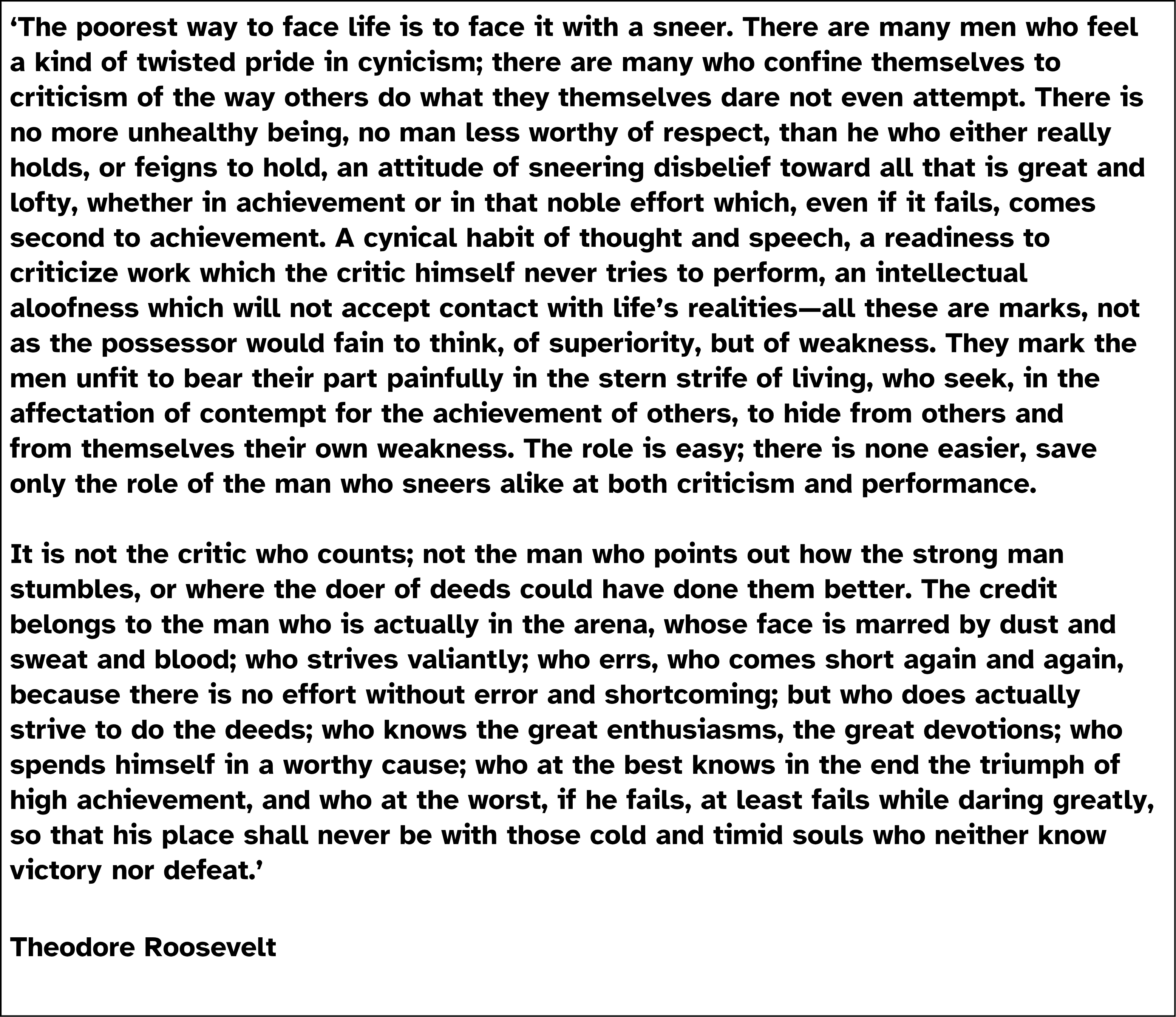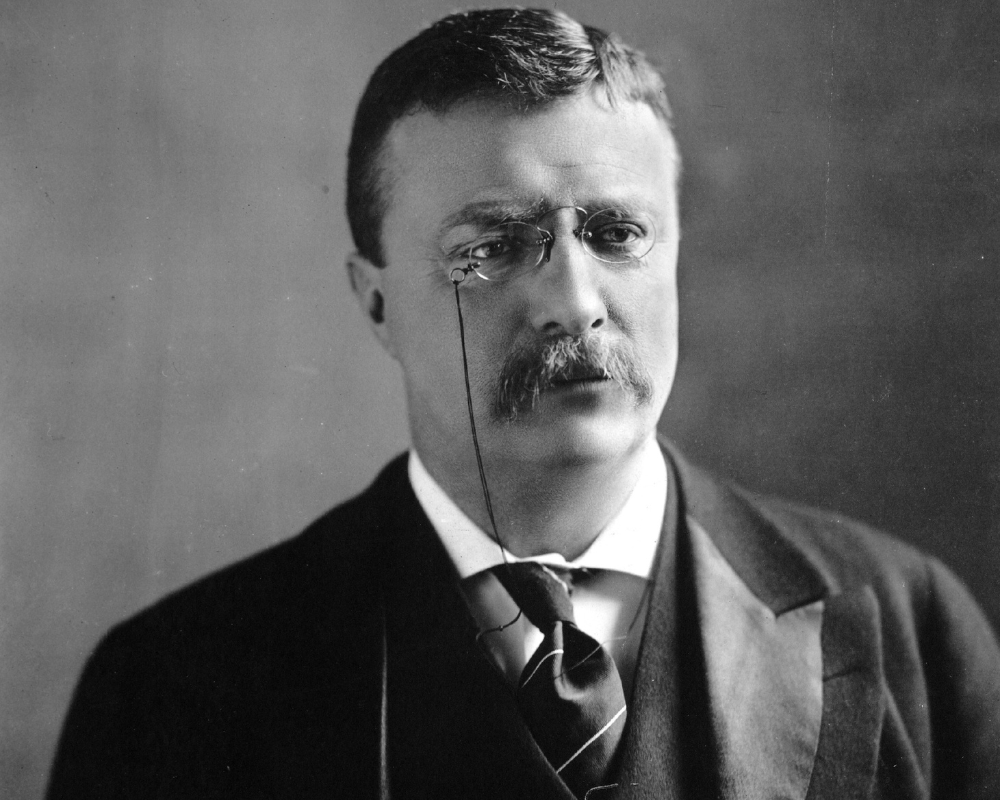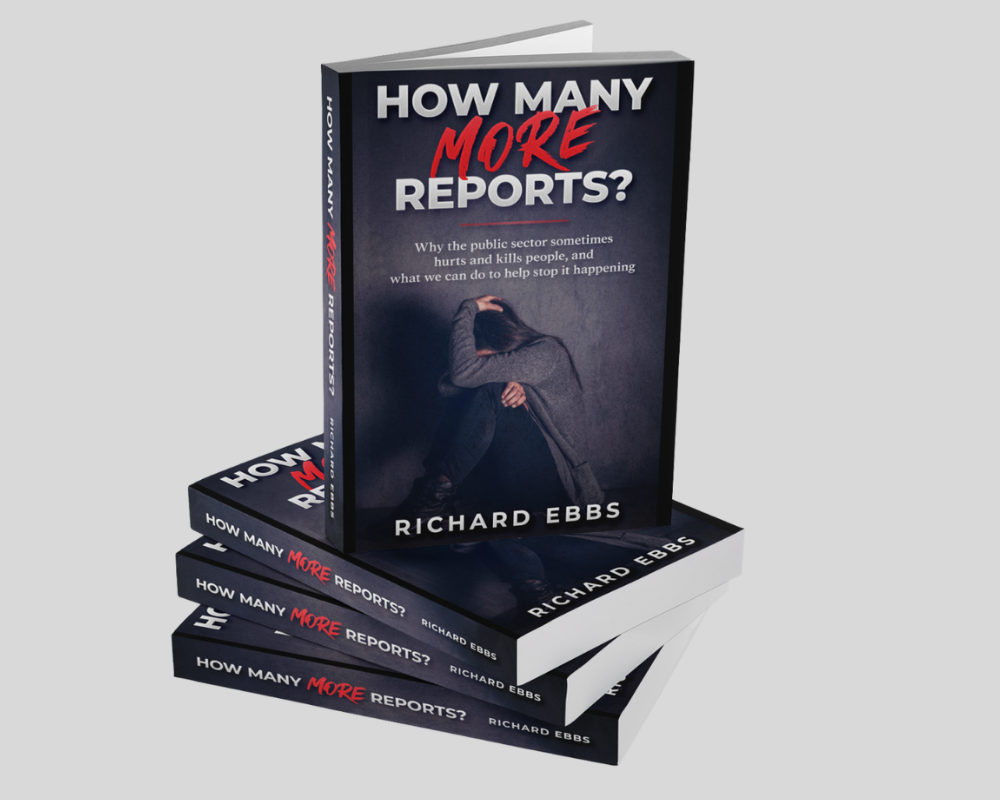This is a fair point, so I’ll try to make my case.
First, the reports into public sector scandals just keep on coming. Nothing seems to stop them. Many of these reports cost a lot of money, take an awful long time and, simply highlight failings that shouldn’t have happened at all, or at least, should have been stopped at the first opportunity, when people knew there was a problem. The consequences are often death, and sometimes the deaths of many people. The impact of these scandals, and the devastation it causes up and down communities throughout the land, is impossible to calculate. By any measure, it is enormous.
Second, it comes at a time when the resources to support our public sector are diminishing. At the time of writing, for example, the UK spends on Net Debt Interest a similar amount to Education, or around twice as much as we do on Defence. 1 Quite simply, these scandals, even forgetting the human cost for a moment, are an enormous drain on the public purse.
Third, I noted in the book a fascination I have with innovation. A mistake I have seen when organisations are trying to change things is a belief that innovation is scoring a direct hit on an idea that revolutionises a particular area, turning the existing way completely on its head. If you look around our world, you can see this is often not how it works. People build on what has gone before them. Google was not the first search engine, nor was Facebook the first social media site. They, and thousands of others, built themselves on two things. First, they improved, developed or made better something that others had done elsewhere. Next, they try lots and lots of things to see what works and what doesn’t. They test the layout of those sites, the colours, the features, and everything else you can think of. Some tests will show that something didn’t work as planned. Others might show a moderate improvement, other tests might show the tiniest of improvements. The cumulation of those tiny, often almost microscopic improvements, is what has created those successful corporations we see today.
So, what’s this got to do with me writing a book? Well, the first point draws attention to the observation that what is being done to stop the scandals doesn’t appear to be working too well. The second point highlights that, as well as all the suffering and pain, we just cannot afford these huge and expensive scandals to keep occurring.
The third point is my argument, perhaps that should be my defence, for writing the book. I have looked at a lot of different areas and ideas and some of them will not work, despite my best thinking. Other things might have an impact in only a small way, whilst some others might have a direct, and noticeable, hit. I’d like to think that is possible. I hope so, but I just don’t know. So, I have taken aim at NDAs in the book. Non-Disclosure Agreements can be bad for two reasons. First, it costs money to gag people. Second, it can stop improvement flowing through organisations. So, here’s the issue. I know it matters, but will it help by 1%, 5% or more? Or highlighting the lack of transparency, what about that? Well, I think this is a big one. This affects so much in the workplace. It is not just a case of making things available for people to see; it affects everything. How people work, how they interact with others, levels of trust, and much more. Again though, is this a 10%, 20% improvement, or nothing at all?
What I’m trying to say with this third point is that I’m trying my best. I can do no more. If what I have done will not change or help anything, then so be it. I would add, though, if you want to rip my work apart, that I would like to call Theodore Roosevelt, the 26th President of the United States, to my defence. 2

Which is my way of saying, I have tried. If you can do better, then let me know where I can find your book or ideas.
- https://ifs.org.uk/taxlab/taxlab-key-questions/what-does-government-spend-money#:~:text=Two%2Dthirds%20of%20spending%20is%20on%20public%20services,-The%20total%20amount&text=Around%20a%20quarter%20of%20all,5%25%20of%20the%20total).
- This excerpt taken from the “Citizenship in a Republic” speech, given in 1910. More commonly known as “The Man in the Arena”, speech.
If you want to listen to this excerpt from that brilliant speech, then head over to our video gallery, where I have posted a copy. Our, to read the full speech, you may find it here.




